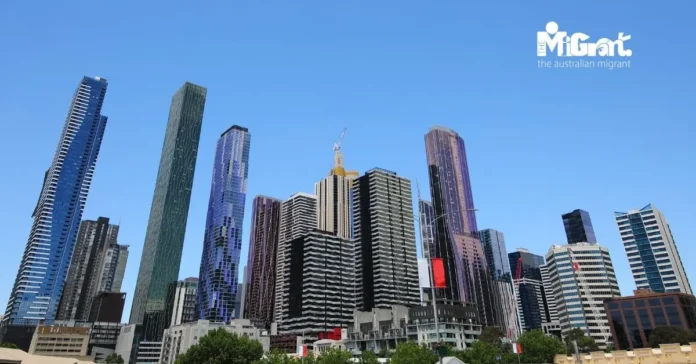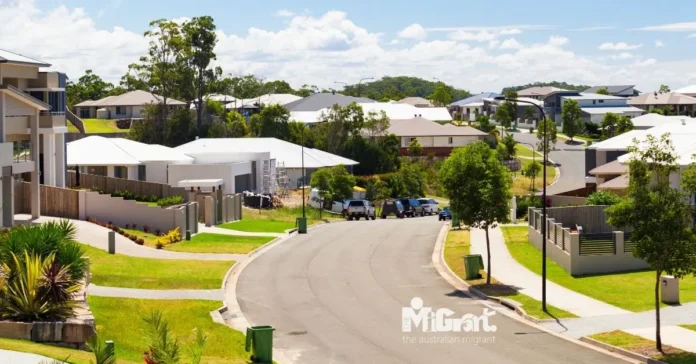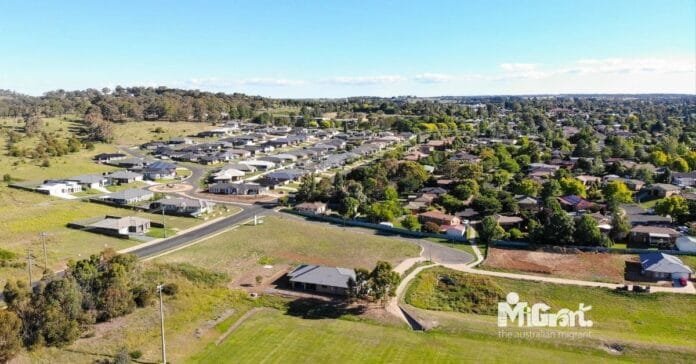Renting a place in Australia comes with its own set of rules and rights, and knowing them can save you a lot of headaches. Whether you’re new to the country or just new to renting, understanding your tenants’ rights is essential. The catch? These rules can vary depending on which state or territory you’re in, so it’s important to be informed no matter where you’re renting. Let’s break it down in simple terms so you know exactly what you’re entitled to and how to protect yourself as a tenant.
1. Your Basic Rights as a Tenant
First things first—you deserve to live in a safe and comfortable home. It doesn’t matter if you’re renting in Sydney, Melbourne, or a tiny town in Tasmania; all tenants across Australia have some basic rights that landlords must follow.
Right to a Safe and Habitable Home
Your landlord can’t just give you the keys and walk away. They are responsible for making sure the place is safe and liveable. This means no leaks, working electricals, and the roof should stay where it belongs! For example, in Victoria, if something urgent like a broken heater isn’t fixed quickly, you can take action.
Case Study: Maria, a tenant in New South Wales, found mould creeping up her bathroom walls. After weeks of no response from her landlord, she took the issue to NSW Fair Trading. They stepped in, and the landlord was ordered to get it fixed right away. No more mouldy showers for Maria!
Right to Privacy and Peace
Your landlord can’t just pop by whenever they feel like it. You have the right to privacy and the “quiet enjoyment” of your home. That means no surprise visits—your landlord has to give you proper notice.
Right to Repairs
If something breaks (and it’s not your fault), the landlord needs to fix it. It’s as simple as that. In Queensland, if repairs are delayed too long, you can contact the Residential Tenancies Authority to get things sorted.
2. The Rental Agreement: What’s in It for You?
Before you move in, you’ll sign a rental agreement, also known as a lease. This is a legal document that outlines the deal between you and your landlord. Make sure you read it carefully!
What’s in a Lease?
A standard lease covers the basics: how much rent you’ll pay, how long you’re staying, and what happens if things go wrong. In Western Australia, your lease will also cover specific details like the condition of the property.
The Bond
When you start renting, you’ll pay a bond, usually around four weeks’ rent. This money is held in a government trust, not by the landlord. In South Australia, your bond is managed by Consumer and Business Services, and you can get it back if you leave the place in good condition.
Breaking a Lease
Life happens, and sometimes you might need to leave early. Be prepared—there could be fees involved. But in Tasmania, if you’re going through a tough time, you can apply to the Residential Tenancy Commissioner to break the lease without too much hassle.
3. Your Privacy Rights: When Can the Landlord Enter?
Even though your landlord owns the property, you have a right to privacy. They can’t just waltz in whenever they want.
Inspection Notices
Landlords need to give you written notice before they come around for inspections. In Victoria, they need to give you at least 24 hours’ notice, while in New South Wales, it’s seven days for routine inspections.
Emergency Access
In case of emergencies (think burst pipes or fires), the landlord can enter without notice. In Northern Territory, landlords are required to act quickly for urgent repairs but must inform you as soon as possible.
4. Tenant Responsibilities: What’s Your Job?
It’s not all up to the landlord—you’ve got responsibilities too. Here’s what you’re expected to do as a tenant:
Paying Rent on Time
This one’s obvious, but it’s important! If you don’t pay rent on time, you could face fines or even eviction.
Maintaining the Property
While the landlord deals with the big stuff, you’re responsible for keeping the place tidy and looking after minor maintenance, like replacing light bulbs or mowing the lawn. In Queensland, if you don’t maintain the place properly, you could be held responsible for damage.
Reporting Issues
If something breaks (like the washing machine or a window), let your landlord know ASAP. In Western Australia, tenants are required to report any damage or repairs quickly—otherwise, you might be on the hook for extra costs.
5. How to Handle Disputes with Your Landlord
Nobody wants to get into a fight with their landlord, but sometimes issues pop up. Here’s what to do if things go south:
Talking it Out
The best first step is to chat with your landlord or agent and see if you can work things out. Most issues can be resolved this way.
Getting Help from the Tribunal
If talking doesn’t help, you can get formal help from your state’s tenancy authority. In Victoria, tenants can contact Consumer Affairs Victoria for free advice or apply to the tribunal for help resolving disputes.
6. Where to Get Help: Resources for Tenants
If you need help or advice, there are services across Australia that can support you. Here are some key resources depending on where you live:
- Victoria: Consumer Affairs Victoria – Renting and Tenancy
- New South Wales: NSW Fair Trading – Renting
- Queensland: Residential Tenancies Authority (RTA)
- South Australia: SA Government – Renting and Letting
- Western Australia: WA Department of Mines, Industry Regulation and Safety – Renting
- Tasmania: Consumer, Building and Occupational Services (CBOS) – Residential Tenancies
- Northern Territory: NT Consumer Affairs – Renting
- Australian Capital Territory: ACT Justice and Community Safety – Renting
These organizations can help you with everything from bond disputes to tenancy advice.
Stay Informed, Stay Protected
Knowing your tenants’ rights can make all the difference between a smooth renting experience and a stressful one. Keep up to date with your rights, understand your responsibilities, and don’t be afraid to ask for help when needed. Renting in Australia doesn’t have to be complicated—as long as you know the rules, you’ll be in good shape.
Looking to apply for an Australian visa or explore migration opportunities? We can connect you with a trusted Registered Migration Agent who specializes in student, skilled worker, partner, family, and visitor visas. Whether you're planning to study, work, or settle in Australia, they’ll guide you through every step of the process. Send your inquiries to themigrant.au@gmail.com, and we’ll help you get in touch with the right experts for your visa and migration needs!




